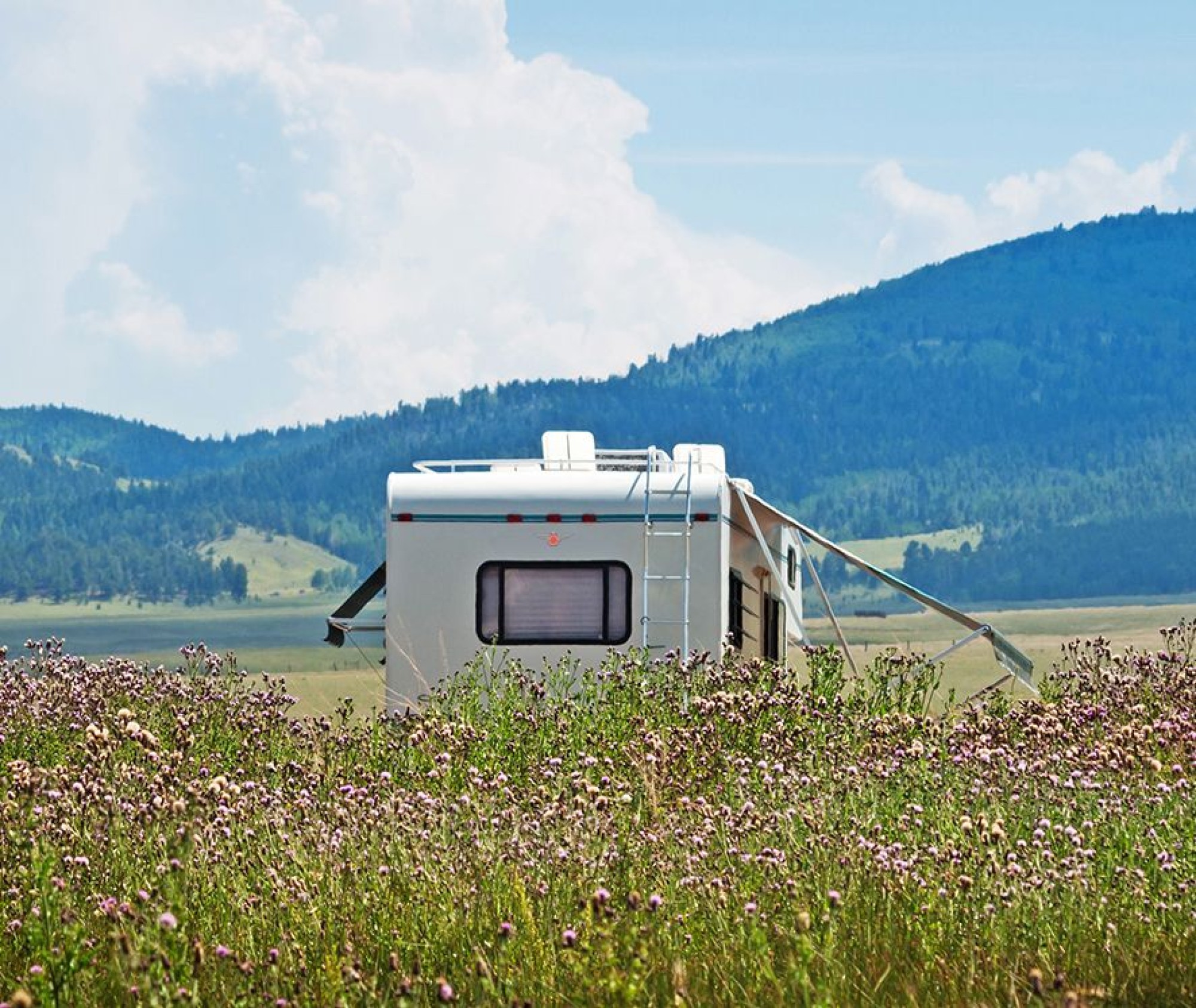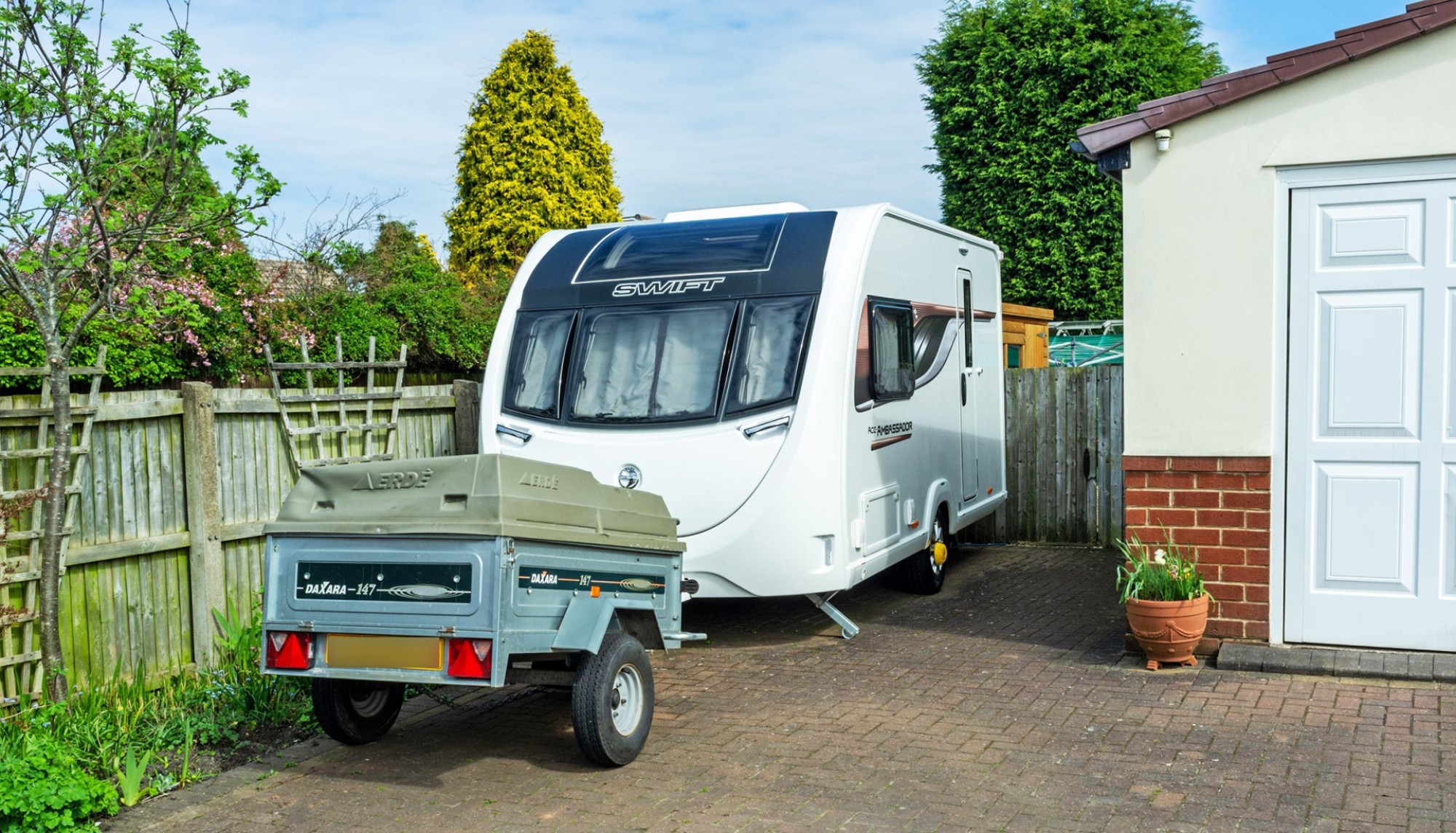
Summary
If you are the proud owner of a caravan then you may be required to apply for resource consent following the recent introduction of National Planning Standards (NPS).
The NZMCA has reached out to all local councils, recommending they consider exempting caravans used for temporary accommodation from the definition of ‘buildings’ when they review their district plans.
Background
Central government has introduced national planning standards (NPS) to make council district plans and policy statements easier to prepare, understand and comply with. The first set of planning standards came into force on 3 May 2019 and they include new mandatory definitions that councils must add into their district plans. Councils have between seven and nine years to adopt the new definitions into their district plans. Some councils have already commenced this process and others are planning to review their plans shortly.
The NPS establishes a standard definition for ‘buildings’ which unfortunately captures non-motorised caravans (but not self-propelled motorhomes and the like). The inclusion of caravans creates a number of potential implications for the NZMCA and its members, including that members will, by definition, be operating a ‘building’ when using and storing their caravans. This could, depending on the approach taken by individual district plans, trigger the need for resource consent when members are either camping at NZMCA parks or storing their caravans at home when not in use. It may also complicate the ability for NZMCA and campgrounds etc. to obtain consent for new or improved park. There will also be a question as to whether any caravan will need to comply with all built form and location standards applying in the relevant zone in a district plan, including minimum setbacks from boundaries. If those standards apply, then a caravan will need to be parked in a location that will comply, or there will be a technical infringement the rules.
The particular issue that the NPS definition is trying to address is the use of caravans as permanent buildings for a business or accommodation, rather than for its usual intended use (temporary camping). Treating caravans in this way may be entirely appropriate where, for example, they are being used as a residential dwelling for an extended period of time. However, NZMCA members primarily use their caravans for the same purpose as self-propelled motorhomes, campervans and house buses (which are exempt from the NPS definition).
The Ministry for the Environment acknowledges the NPS definition is broadly crafted and suggests councils should use subcategories or narrow application definitions and rules to manage or permit caravans where required. On that basis, the NZMCA has written to councils throughout New Zealand highlighting this issue and the implications for members with caravans. We have provided councils with options to address the issue when they eventually review their district plans.
For further information on the issue and options put forward to councils, please click here.
NOTE: The NPS definition of a ‘building’ is made under the Resource Management Act and does not affect the definition of a ‘building’ made under the Building Act (they are two different statutes). Therefore, our previous advice stands on whether motorhomes and caravans are ‘buildings’ for the purposes of the Building Act.
Click here for a copy of our previous advice on the Building Act.
